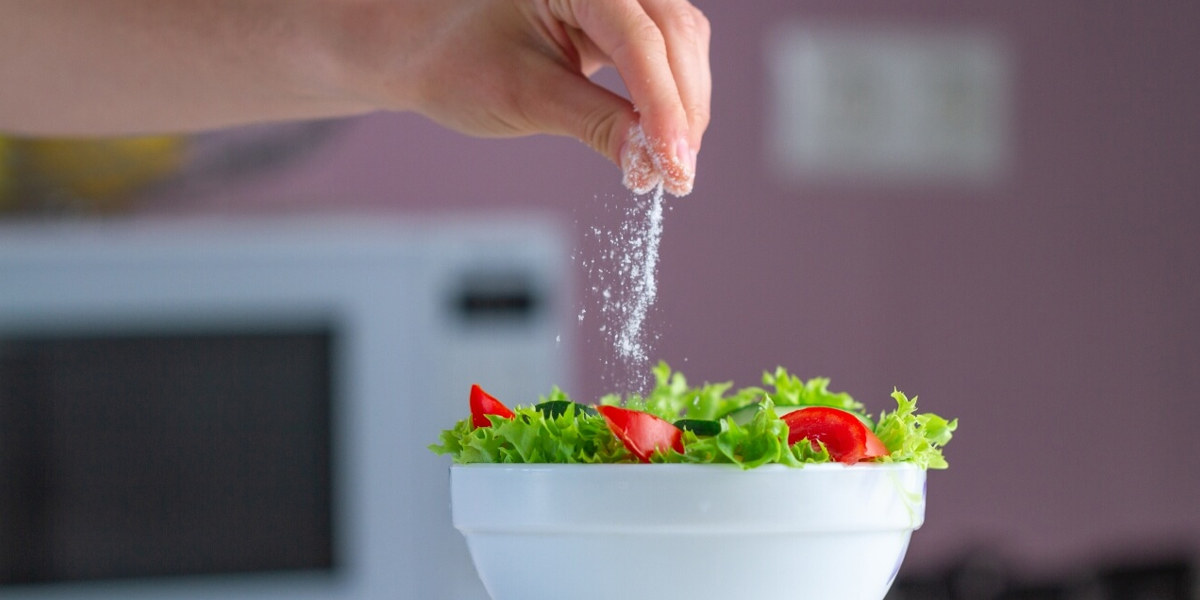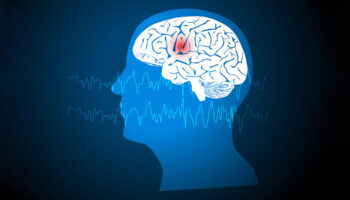It is well-known that nutritional foods play a vital role in maintaining the health of seniors. But it is equally important to make it appealing. High salt or sodium content may make the food tasty but it does not have a positive impact on their well-being. On the contrary, foods with low salt content offer tremendous benefits including lowering blood pressure and protecting heart health. Read on to know more about it and also explore some interesting food items in this category……
“This food is too bland and not at all tasty. Can you please add some salt at least? -Do these words from your elderly loved one’s sound familiar to you? Most often yes, because the diminishing tastes and appetites in seniors crave more salty, spicy and sweet foods. Sadly, high content of salt or sodium chloride in the diet can pose serious problems as it elevates blood pressure. Therefore, low salt foods are recommended for the older adults as it has a positive impact on their well-being and slows down the aging progression.
In fact, the American Heart Association recommends an intake of only 1500 milligrams of sodium per day. It is seen that various fast foods, snacks, processed items and instant foods contain high quantities of sodium. Here, the salt is added as a preservative for bringing additional flavour or making the food more scrumptious. But these items put you at a greater risk of cardiac diseases and hypertension. Thus, all forms of elderly care must prioritize giving nutritional foods with low salt content. Athulya Assisted Living, a unanimous choice of the senior living home facilities in Chennai, pays special attention to the diet and meals served to all its residents.
It is noteworthy to mention that assisted living food plans here are not only healthy but also highly customized to senior health conditions and preferences. Fresh and tasty food prepared from safe ingredients is served at all mealtimes. The dining experience in Athulya Assisted Living is indeed alluring because it offers a variety of menu options ensuring a balanced diet without compromising on the taste buds. Various health drinks and supplements are also served regularly to boost elderly immunity.
Let us now see how low sodium diets can be beneficial in aging and the foods that are recommended for this kind of eating pattern.
Benefits of a Lower Sodium Diet
- Lowers your blood pressure by regulating the pumping action of the heart
- Stops excess fluid accumulation around the heart, lungs and legs and prevents bloating
- Reduces risk of heart attack
- Improves blood lipid profile by lowering LDL cholesterol
- Evades congestive heart failure
- Lowers probability of kidney damage and prevents formation of kidney stones
- Prevents stroke attacks
- Safeguards vision
- Decreases the chances of a brain aneurysm
- Enhances memory
- Avoids mental illnesses like dementia
- Thwarts headaches
- Lessens the possibilities of dehydration
- Curbs unusual salt cravings
- Builds stronger bones
- Lessens the risk of diabetes and stomach cancer
- Protects the arteries from thickening
Low Sodium Foods to Eat
Plenty of low sodium and heart-healthy foods are available. The list of such items is enlisted below
- Fresh fruits and vegetables without added sauce, seasonings and butter.
- Fresh or frozen fish, chicken, beef and pork that may be cooked at home and seasoned. Processed meats like ham, hotdogs and bacon should be strictly avoided.
- Dried beans may be boiled and used at home. Canned beans without extra salt content are also available.
- Cereals like plain oat meals and shredded wheat which may be eaten with a topping of fruits and nuts.
- Whole-grain foods like brown or wild rice, quinoa and whole wheat-pasta. Pre-seasoned grains must be skipped to the extent possible.
- Healthy snacks like unsalted popcorn, nuts, pretzels and crackers.
- Dairy foods like milk and yoghurt are low in salt.
Home-made dressings including salsa, soy sauce, tomato ketchup and salad toppings.
Some Tips to cut Salt Intake
- To make the food tasty, you may use natural herbs and spices that are far healthier. They act as a good substitute for salt. Examples of such ingredients like ginger, cardamom, red or black pepper, citrus juices, cardamom and dill.
- Do not overeat items with so-called low sodium labels. Most of these contain potassium chloride which can cause heart failure.
- If you happen to eat condiments from outside, eat them only occasionally and strictly control the portion size.
- Track your sodium intake daily using books, worksheets or smartphones.
Reduce the sodium intake gradually rather than attempting to make drastic changes suddenly. It usually takes six to eight weeks to get used to lower salt levels.
In short, low sodium foods play a key role in maintaining the blood pressure, heart health and overall well-being of elders. Athulya Assisted Living’s senior-friendly menu platters certainly vouch for this while simultaneously rewarding the taste buds!





